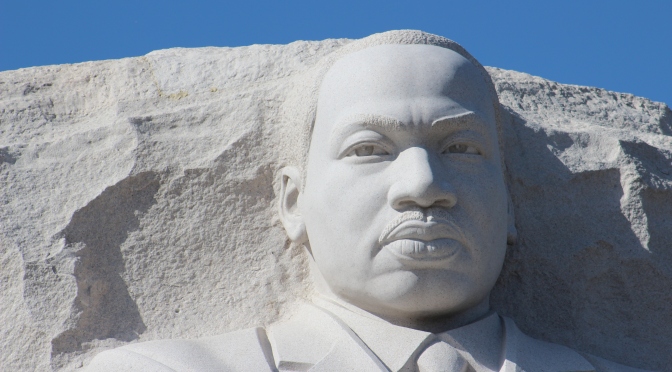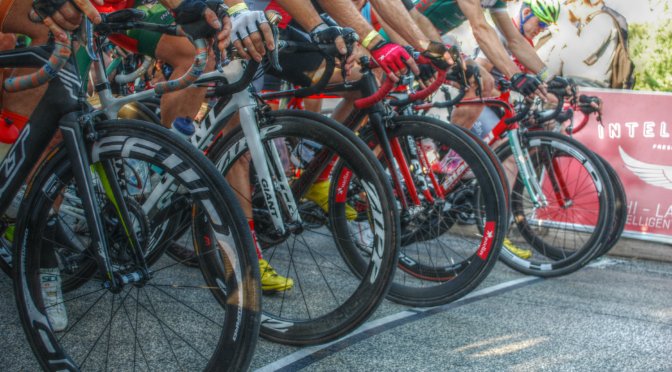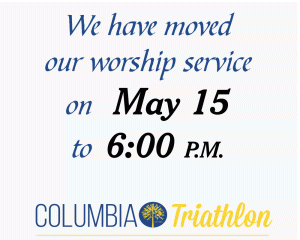I have something to ask of you today. It’s important. Today, we mustn’t stop at quotes. Please don’t let today be about memes. Don’t let it be about clipping only the tamest, acceptable sections from some of the 20th century’s most powerful, challenging, and dangerous (to some) speeches and sermons. This is not the day to allow social media to serve up only what is comfortable, only what is agreeable, only those quotes at which we can nod and smilingly approve.
Today is Martin Luther King Jr. Day. And we have serious work to do.
Let’s make it a day of change.
The federal holiday is designed to be a day of service. That’s great. We should go out into our communities, feed people, help people, clean things up. But we cannot stop there. Service cannot, must not, be limited to one day a year. By all means, let’s serve today, and then let’s make a commitment to find a place in service throughout the year.
Today, in 2017, that persistent and urgent question – What are you doing for others? – continues to tug at the hem of our garment. Our communities cry out for care. Love for, and service to, our neighbor is still required of us. There are children who need extra tutoring, immigrants who are struggling to learn English, student athletes to coach, elderly neighbors who would delight in a visit or a phone call or a loaf of bread. We are capable of these things. Dr. King longed to see us, all of us together, seeking after the Kingdom of God through acts of service and kindness.
If you’re not sure where to begin, start here. The need is great; there are more opportunities to serve in your community than you could imagine.
Then, let’s make it a day of learning.
Dedicate some time today to read some of Dr. King’s more challenging works, and let’s not placate ourselves with the comfortable excerpts from speeches that are served up for us on social media. Take the harder path, and challenge yourself with his sterner legacy. Dr. King faced down the racist, violent culture that was woven into the fabric of our nation from the beginning. He challenged the rest of us to face it, too. And he, along with Civil Rights leaders like Rep. John Lewis, put their bodies and lives in harm’s way to make their message heard. Not unafraid, but certainly undaunted. So today, read King’s Letter from Birmingham Jail, read his Letter to American Christians, or get yourself a copy of Why We Can’t Wait. These are not easy to read – for those of us in the majority, they are humbling texts that challenge our self-assessment, both as individuals and as a nation. They should cause us to grapple with the hard questions. Who are we called to be as a nation? What do we want the legacy of our time to be? What must we do to make this a nation of justice for all? Today of all days, let’s ask the questions.
Finally, let’s make it a day of self-examination.
We live in a world that we know is not as it ought to be. Our nation has made so much progress in racial justice over the last 50 years, but we know that we have not yet arrived. Some days it seems like we move backwards. Some days it seems like Justice is sound asleep. It takes courage to admit that the world we’ve shaped with our actions is not the way it should be, and a hard-eyed resolve and tearful repentance to view it as it truly is – a world still afflicted by cruelty, by hatred, and by injustice.
So it’s fitting that we spend some time in personal self-reflection today. Who do I wish to be in the world? How can I embody the kind of mercy, kindness, justice, and love that Jesus calls me to, in a world that outright rejects these attributes, even believes them to be naive and foolish? Let’s gather together as families, as churches, and communities to consider what God is calling us to, and who he’s calling us to be for his Kingdom.
I’ll close with this thought: we live in a world that cries out for just and thoughtful, reasoned leadership. It’s especially fitting that we consider each his or her own place in leadership and service as, this week, our nation engages in a peaceful transfer of power from one administration to the next. I’ll leave you with this excerpt from A Realistic Look at the Question of Progress in the Area of Race Relations, delivered in St. Louis in April, 1957. It seems appropriate for the day.
This is a period for leaders. Leaders not in love with publicity, but in love with humanity. Leaders not in love with money, but in love with justice. Leaders who can subject their particular egos to the greatness of the cause.
Oh, God give us leaders.
A time like this demands great leaders.
Leaders whom the lust of office does not kill;
Leaders whom the spoils of life cannot buy;
Leaders who possess opinions and will;
Leaders who will not lie;
Leaders who can stand before a demagogue and damn his treacherous flatteries without winking.
Tall leaders, sun-crowned, who live above the fog in public duty and in private thinking.And this is the need, my friends, of the hour. This is the need all over the nation. In every community there is a dire need for leaders who will lead the people, who stand today amid the wilderness toward the promised land of freedom and justice.
God grant that ministers,
and lay leaders,
and civic leaders,
and businessmen,
and professional people all over the nation
will rise up and use the talent and the finances that God has given them, and lead the people on toward the promised land of freedom with rational, calm, nonviolent means. This is the great challenge of the hour.Rev. Dr. Martin Luther King, Jr.



 n spectators who gather in the park. But that parking problem persisted, and we were still fighting our way through the traffic just to get to our building on Sunday mornings.
n spectators who gather in the park. But that parking problem persisted, and we were still fighting our way through the traffic just to get to our building on Sunday mornings.